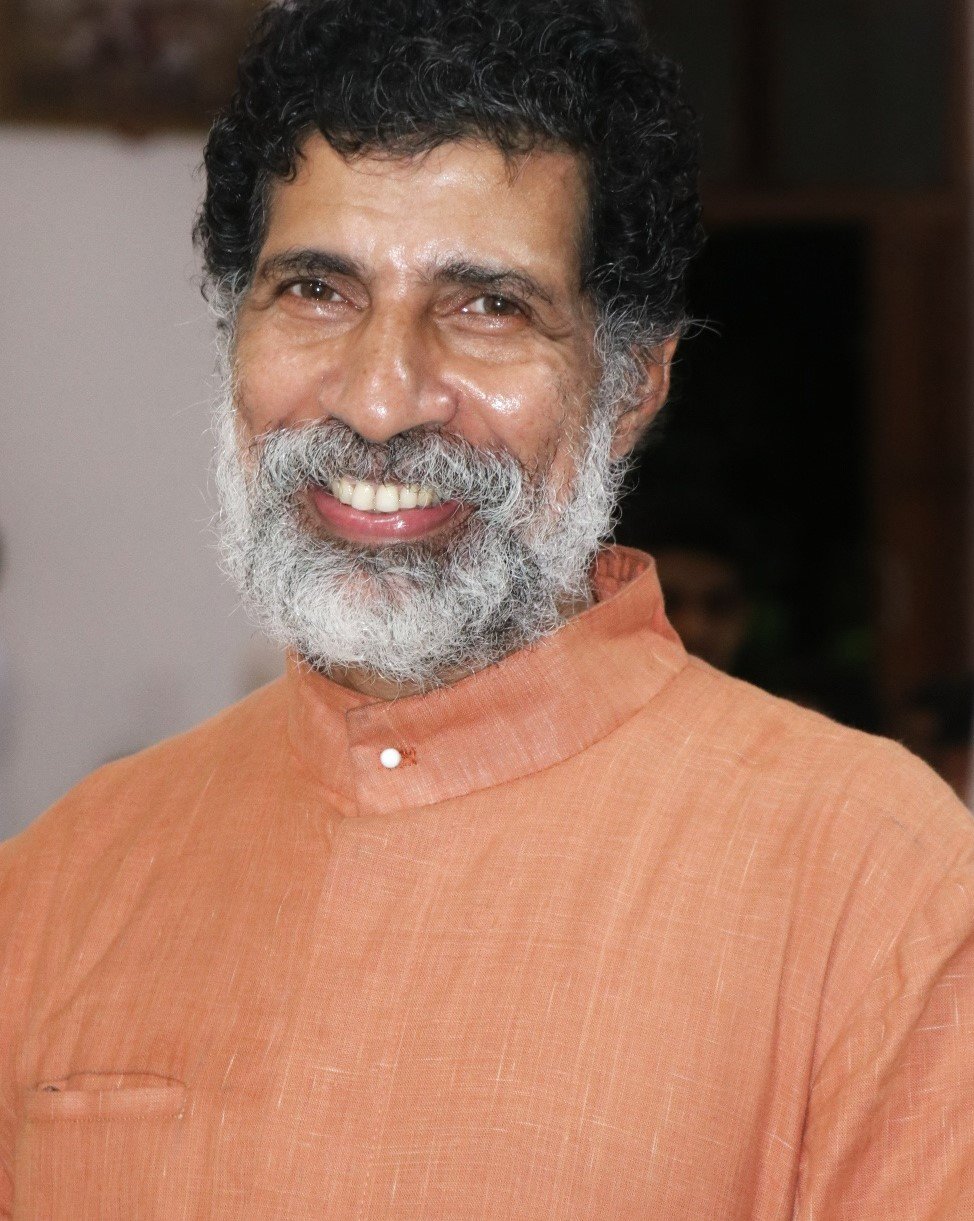Articles_features
Christian Leadership in India - Appeasement, Expediency or Proclamation? A Cause to Live for - A Cause to Die for!

Sir, what is this life if we have nothing to die for? The young management professional Manjunath is said to have asked his professor Debashish Chatterjee while he was an IIM-Lucknow student. And he literally did that - died for a cause, which he couldn't set aside, despite the non-cooperation, ill-will and threats, and the temptations.
I watch the Hindi movie made after his life, and the contrast emerges before me of the Lord's dedicated in the catholic church, especially a few of the higher-ups in the ladder faced with the numerous allegations including mismanagement of church funds, and illegal and non-transparent collection of funds, the latter purportedly for building church institutions. Contrasted also by their cowardly and obsequious appeasement of an avowedly anti-other agenda possessing BJP government and its leadership (as perceived by the mainstream media and quite a few of the thinking community members. Not that there aren't thinking people who think with and justify them, and their stance). It is alleged that this is so because they are afraid to die, they are afraid to be dispossessed of their numerous possessions, and they have no cause worth dying for. Perhaps, they may defend themselves saying, 'I am willing to die, but it is for the sake of the church institutions that I am trying to play along'. The church has been deprived by the leadership of a cause that it may have worth dying for!! A cause of justice, of equality, of invincible goodness.
In spite of the few hundreds or thousands killed or displaced in Orissa, or in several other states of India, in spite of the odd Graham Steins or Sr Ranimaria or Dayabai or Mother Teresa, the institutional church appears to have everything to protect than give up - its institutions (of which I am very much part of) and the thousands depended solely on them!
Even as I make these notes, the facilities of my previous work place, Sacred Heart College, explicitly a Christian, Catholic, Minority, but public, higher education institution, have been kept open to welcome the Prime Minister Narendra Modi to address 'Yuvam', a youth gathering sans any political barriers (as claimed by the organisers), but evidently organised by BJP to promote its interests. Many have raised issues with this gesture of the SH management - whether they are doing the right thing in opening up their facilities for a programme organised by a political party of BJP's political philosophy.
I wondered if I were heading the institution whether I would have acted any differently. I had invited him, as the PM of India, twice, to inaugurate and conclude our platinum jubilee celebrations, and the response was not negative. There was the preliminary security inspection and positive reporting, but then it was COVID, and then, I vacated my office... and perhaps, there ended it.
In spite of my reservations regarding its almost evident anti-other fundamentalist neo-hindutwa (contrasted with old -vedic(?)- hindutwa, where some of the practices considered fundamental in the new avatar as hindutwa, had never been thought of as a great virtue - e.g., the virtue of vegetarianism, cow protection, beef eating etc.), I would have easily given in for the attraction (temptation) of having the PM of India being on the campus - perhaps, that is plain expediency. I don't know if as viewed by Joseph C Mathew, the popular political analyst among Malayalees, whether this is falling for the temptation of 'worshipping the devil to obtain all the glory and splendour that he promises'. Perhaps, it is.
But given the way 'Yuvam' is put across, even beyond expediency, I would have agreed. For, it is claimed that the PM will address the youth and himself will answer the questions raised by the youth. This is very significant. Though, definitely, it is likely that the party will see to it that only comfortable questions and questionnaires come up, still I consider that an opportunity. The claim is also that he will receive suggestions. It is very important not to lose any such opportunity to engage in dialogue, and I hope that SH could have set as a condition that at least 3 or 4 of its representatives (students) would be asking pertinent questions. And, apart from all these, the very name chosen, is appealing to me - for once, it has tried to shed the hindiization fad, of dropping the samvratokaaram of names that make them typically Malayalam. I don't know whether there is such a word as 'yuvam' in Malayalam - but at least it appears evidently in Malayalam and evidently implying something to do with the youth.
But back to the vital issues - of being a Christian in the land and proclaiming one's faith - I think Christians have to grow up and stand up for this constitutional right of freedom of thought, expression, faith, belief and worship, which includes the freedom in engaging in dialogue, publicly affirming one's faith or convictions (political, religious or ideological) and changing one's stance and belief if one's conviction changes, and affirm the same, without having to manipulate or denigrate anyone, nor fear any force. I think Christian leadership should have been asking for this right, and if required, prepared to die for it, or even forgo one's institutional powers, while perhaps also appealing for minimum guarantees for the farmers (not merely of rubber cultivators) and definitely of equal treatment based on social backwardness of the Dalit Christians, and while at the same time, also doing all that is possible in their own limits to lend them equal dignity and opportunities for growth, treating the same as a top priority.
The educational mission, the fulcrum on which, basically the present day Christian religious presence in India turns, should examine whether that education is conscientiously promoting such opportunities and such outcomes in its nationwide educational network. If they can confidently make an evidence-based claim to that, then the mission can be considered Christian. A cause worth even dying for! My experience as an educator and educational administrator in Christian institution says, in spite of some token efforts from my side, that it has not been so, it is not so. We are indeed prisoners of our institutions and prisoners of the expediency that emerges out of them. And, likely, that I am emboldened to make such statements, since I am out of them.


